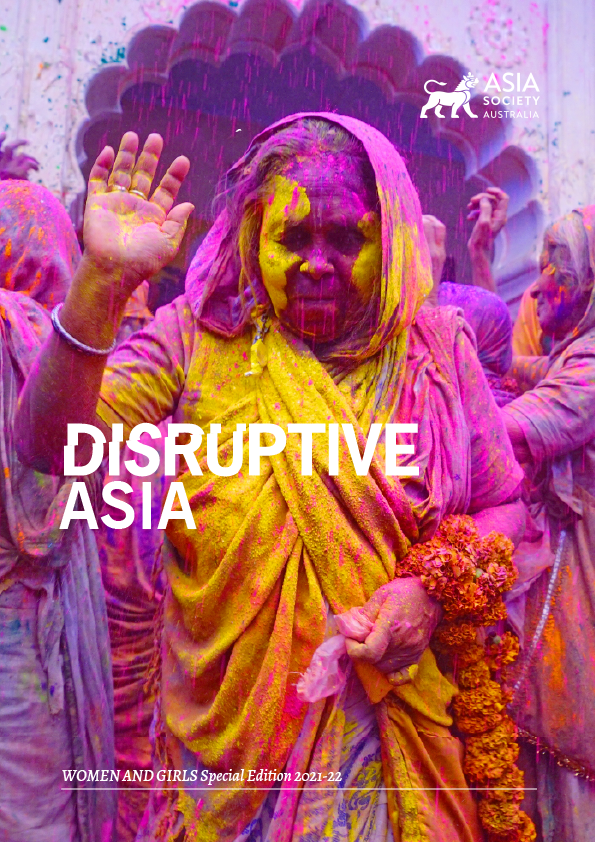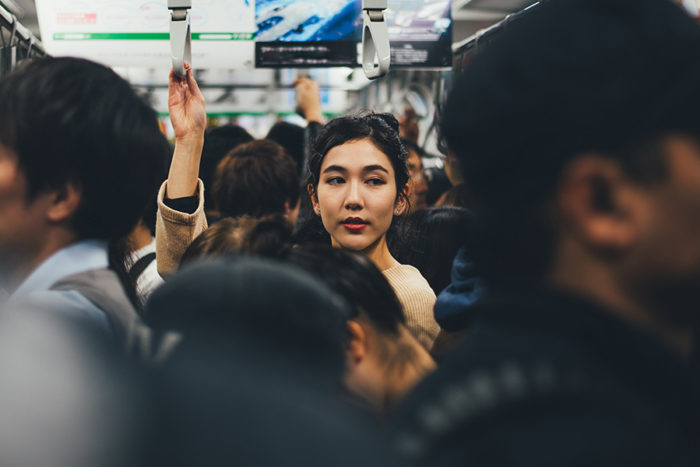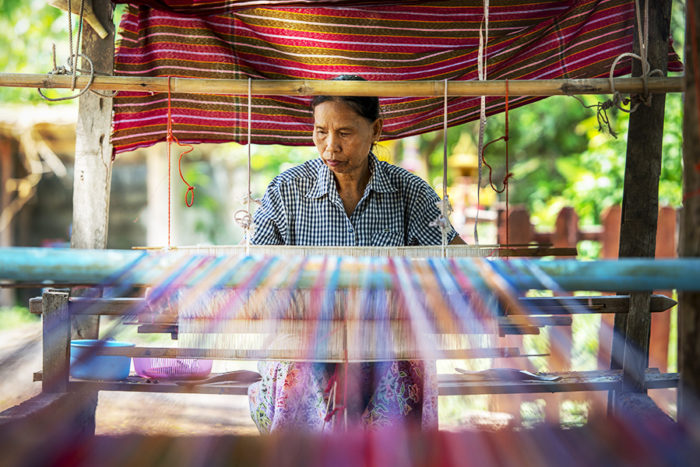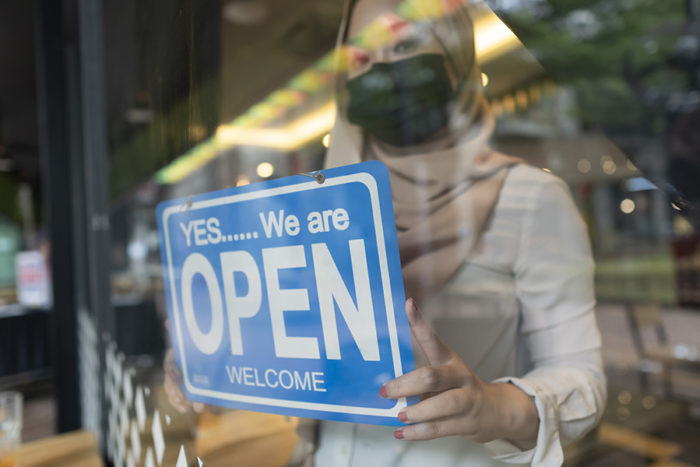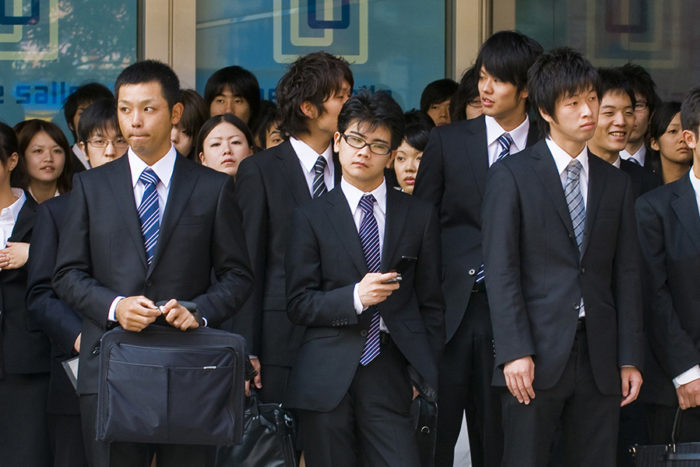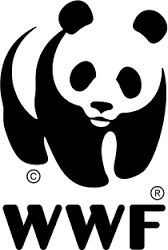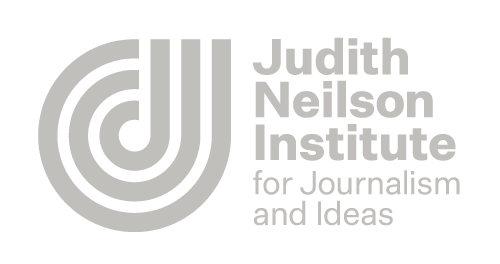Mentoring the next generation of women in international relations
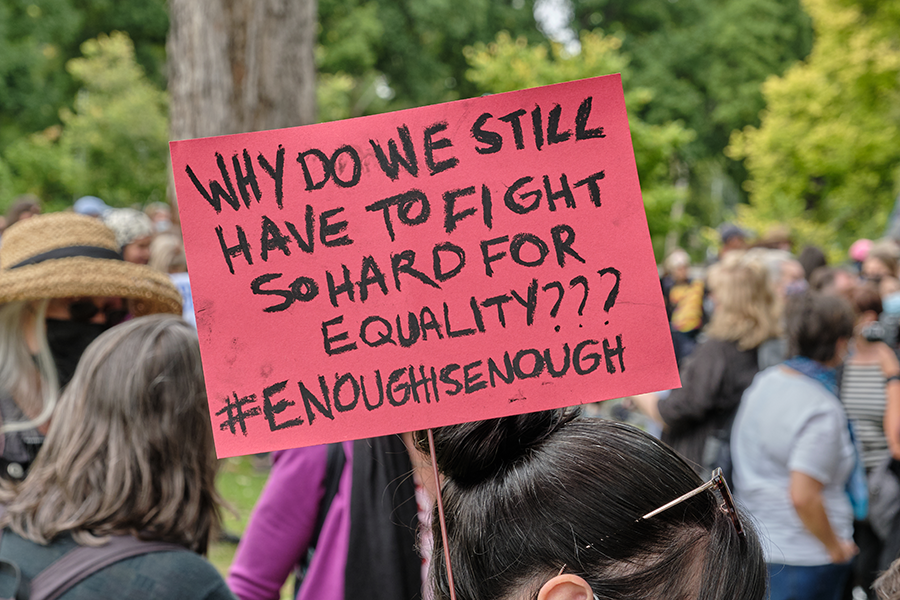
An interview with Yasmin Poole
Having women in international relations helps us to realise that the countries we are working with aren’t just abstract entities: they are people and within that there are women.
Q: What do you think is the biggest challenge for young women in Australian politics at the moment?
The biggest challenge is representation. Right now, we see young women mobilising and calling for change, calling on our decision-makers to listen to their voices but it’s really unfortunate that we don’t see young women in those decision making spaces to ensure that our issues are being put on the table from our perspectives and our own lived experiences. That’s the biggest barrier.
Q: As a champion of young Australian voices, what do you think young people expect from their leaders? Ahead of the 2022 elections, what are you hoping to see from government?
What young people are looking for is for leaders to be open-minded. The fact that there is a pandemic, climate change, rallies for gender equality and racial justice shows that the environment is consistently changing and what’s really important is that our leaders are showing that they are listening and I don’t think the word “listen” has been displayed a lot of the time when it comes to recent politics. We also need leaders that are more responsive to diverse communities.
As for what I am hoping for in the next federal election: I want gender equality to be one of the top voting issues in this election. Ultimately, it comes down to safety and respect for everyone. The stories we heard last year of horrific sexual assault, including in Parliament House, show that things need to change and it’s my hope that the government commits to changing what is happening on the inside but also changing what is happening on the outside. Gender-based violence is still a deep issue in Australian society and it’s up to us to step up and confront these challenges.
Q: We know that facilitating skill development, building confidence, and connecting women through networks boosts women’s participation and leadership. How important are female role models and advocates when it comes to young people in the region?
Mentorship has been life-changing for me. One of my mentors is an Asian Australian woman who works in law and being able to not just talk about the legal profession but also our experience as Asian Australian women was really transformative in showing that I’m not alone, that these experiences are not just me, and that there are ways to use this as a strength and also ways to get through the challenges. Being able to use her as a sounding board gave me the confidence that I am on the right track and doing the right thing. I make a point to support young women who wouldn’t have financial opportunities and in spaces where they are not represented. For me growing up in a family that didn’t have that much money, having mentorship was the key to helping me understand spaces that otherwise I just wouldn’t know how to navigate. It enabled me to get my first government job, it meant that I could connect to people that I wouldn’t otherwise be able to. I would suggest to all of us to be reaching out proactively to young people who would really benefit from having someone to support their ambitions. I also think as a mentor and a mentee, those relationships inspire my advocacy. I just met with a couple of young women who want to start a club for Asian Australian women at my university and as they were talking, I realised I’m getting inspired by this because this is an initiative that can truly change young women’s experiences at university.
Q: On your website, you mention wanting Australia to become a global leader in intersectional policymaking with a Parliament that truly reflects the diversity of our communities. Where are we now and what remains to be done to make this vision a reality?
We are seeing more and more feminist NGOs step up to the plate and use intersectionality as a guiding framework. The board that I am sitting on, YWCA Australia, uses intersectionality as a guiding principle which is exciting and encouraging. We are not seeing that reflected in the federal government right now. If you look at the federal budget, it has barely any mention of diverse women when it issued its women statement about what it planned to do around gender equality. I just think so much more can be done to support women in intersectional diversity. At the same time, it’s been exciting to see the Victorian Government implement intersectionality in its domestic violence framework and I’m hoping that’s going to be a model that could be replicated in other states. But I think we have a long way to go in considering intersectionality right at the beginning of the policy process. By intersectional, that’s only just to say who are the diverse communities that we should be considering, how will their needs be met or not met under this policy, and what can we do to create the most equitable outcome. I think even though it’s still an emerging word, especially in the policymaking process, there’s a lot more to go in terms of creating policies.
Q: What impact does having women, especially young and diverse people, in political leadership roles have on Australia’s democracy?
It changes our national debate. When we have leaders that are not from the younger generation or aren’t young women, they necessarily have a different understanding of issues that we care about. For example, Australian politicians will send out surveys for young people to fill in and it’s quite an outdated process for understanding what young people want. I think it’s a lot different from having a young person in the room who has the finger on the pulse of what young people are talking about right now. We saw when it comes to matters like school strikes for climate, young people’s views are important, and it can help drive that momentum. Or when it comes to things like March4Justice, young women’s experience in sexual harassment was crucial given that we are the most likely group to be sexually harassed and assaulted. That lived experience matters and if we don’t see it in politics, our policies suffer as a result. It’s that unique experience that makes all the difference.
Q: Could having more women in diplomacy benefit our relationship with the region?
I’m currently working with the World Bank and a lot of my work is working with women in the Pacific. I’m realising that as they share their stories, it’s so similar to my own experiences. For example, a lot of Pacific women have spoken about how their mothers have inspired the work that they do now or about their experiences challenging traditional gender roles. And I realise that that’s also me, so having women in international relations helps us to realise that countries that we are working with aren’t just abstract entities: they are people and within that they are women. Women in this space can bridge these experiences and work together. The same thing goes for having culturally diverse communities in Australia in international relations space. We are looking to engage with Asia so we need to have Asian-Australians in the room to talk about that cultural nuance which we might miss otherwise. It’s about using the diversity of our country as a strength to connect with the deeper and more nuanced parts of communities.
Another example of the importance of women in international relations is looking at gender in climate change. Women are disproportionally affected by climate change, including in the Asia Pacific region. For example, domestic violence rates increase after a natural disaster. If we have more women in diplomacy, we are more likely to recognise the gender implications of issues that we might have missed.
Q: What are the pros and cons of young women having female mentors vs male mentors?
I think in some areas it matters and in some areas, it may matter less but I do think that the value of having female mentors is again shared lived experience, especially in industries that traditionally don’t have women. That includes the international relations space. I find that when I speak to women, I ask more questions like what kind of challenges have you experienced? How do you overcome them? How do you embrace your own form of leadership? It’s interesting hearing their answers because a lot of the time they have had to push their luck in representation, and they have had to grow their self-confidence in a space that often doesn’t look like them. I value that unique perspective. But at the same time, I have had also fantastic male mentors that are there to champion my work and have been some of my biggest supporters. Being willing to engage others who have different experiences is just as important and there’s plenty of support out there across genders.
Q: In these difficult COVID times where social interactions are at a standstill, how can we continue to create opportunities for young women to learn from role models? What does the future of international relations look like for young people as the uncertainty continues?
I would start by saying young people can reach out and they shouldn’t be afraid to do so. While the pandemic means that it’s harder to meet in person, Zoom has changed the game in terms of who you can speak to. What really made the difference to me as a young woman was not being afraid to just ask and if you are not afraid to ask, you will be shocked at how many people are willing to give you all the time of day and share their own experiences and help wherever they can. I think turning the barrier of the pandemic into a bit of a strength helps in realising that it’s now more accessible than ever to reach out and that people are looking to have meaningful conversations.
In terms of the future of international relations, it’s interesting to see how IR is more and more reflecting the current domestic issues of the time. One example is in the US, their foreign diplomacy is actively discussing racial injustice, inequality, committing to creating more inclusion at home and abroad and it’s very interesting to see how social movements are connecting the domestic realm with the international relations realm. I think it’s the right path to take because if we are dealing with states, these are communities and people with lives and experiences so if we are going to commit to equity and intersectionality, that would make some really interesting politics.
Q: How do you think young women will disrupt the IR sector in the near future and what advice would you give to young girls wanting to pursue a career in this area?
What I have increasingly seen in Australia is young women starting youth dialogues, which has been interesting to witness. For example, youth leader Hayley Winchcombe founded ASEAN-Australia Strategic Youth Partnership which connects young Australians with young people in ASEAN. It shows the potential that young women have in creating their own engagement. I’m excited to see how young women continue to expand these issues and connect directly with young women across the region. I love how we have a shared interest in matters of social justice because that collaboration is essential to develop our thinking and what needs to change in our countries and abroad.
In terms of general advice, coming back to what I said in the beginning, realising that the current state of international relations is not set in stone and eventually your contributions will stock up and will create a difference. And it’s everybody’s contributions and choices that shape who we become. Realising that the international relations system is ultimately a lot of people over a lot of time with different ideas and eventually here we are with this field today. Being willing to say that things can change, being willing to embrace your experiences and being willing to listen to others are powerful ingredients for a better form of diplomacy.
Yasmin Poole is an award-winning speaker, board director and youth advocate. She is Plan International’s National Ambassador and champions the importance of young women being heard in Australia’s political conversations. She has also appeared on prominent television programs such as Q+A, The Drum and The Project.




